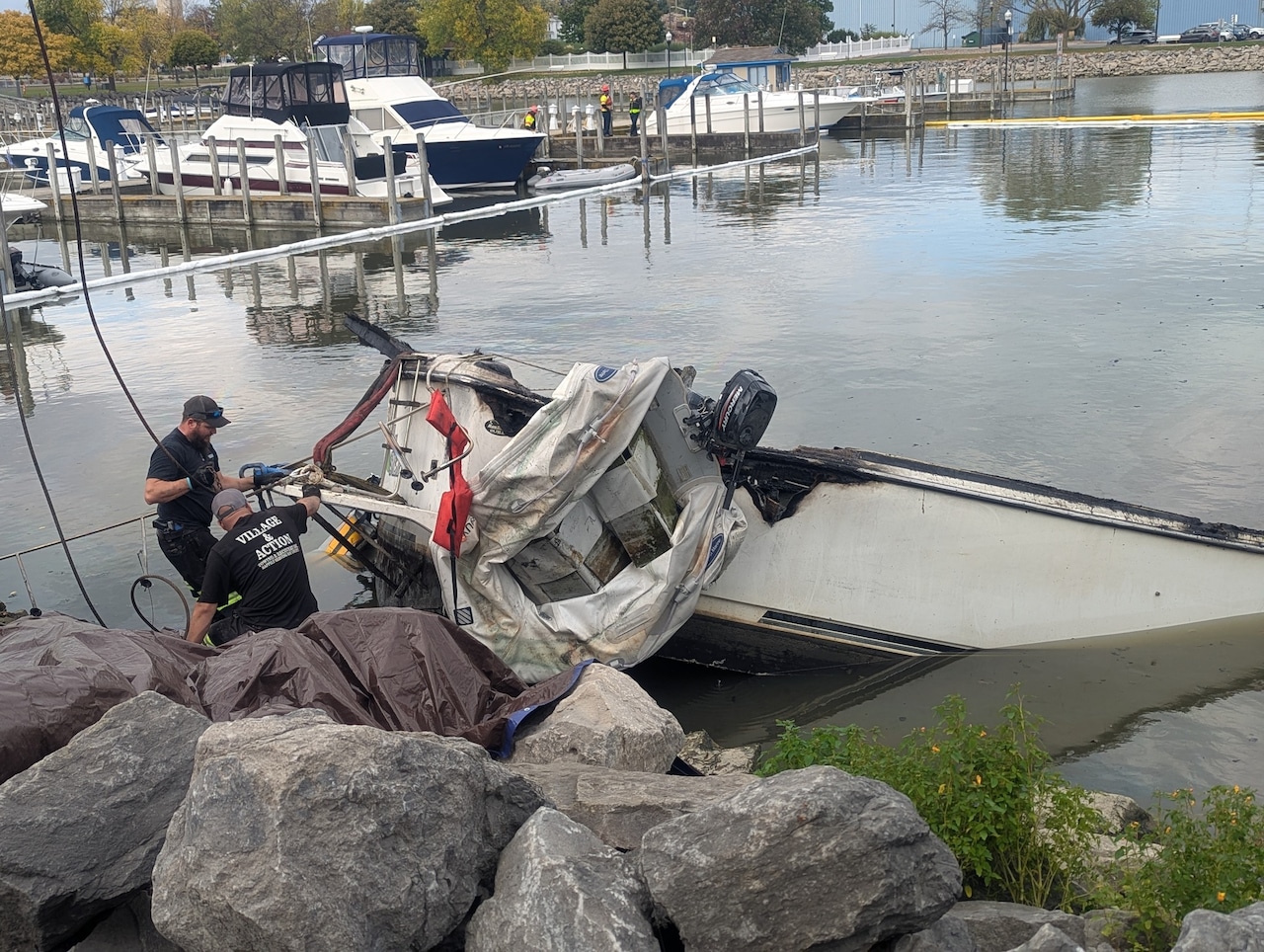Copyright europeantimes

Speaking to ambassadors for the first time as head of the UN office in Haiti (BINUH), Carlos Ruiz Massieu addressed the persistent gang violence and humanitarian crisis in the country, the political transition expected to take place next year and attempted to restore national security through the recently agreed agreements. Gang Suppression Force (GSF). “Disastrous” circumstances “There is no doubt that the circumstances are dire, but the Haitian people have not given up“, declared Mr. Massieu, who met with multiple political, international and civil actors in the country over the last two and a half months. As armed groups increasingly target farming communities on the outskirts of the capital and other areas, he stressed that the scale and impact of internal displacement is “unprecedented,” amounting to more than 1.4 million displaced people. “The human rights situation also remains very worrying, with widespread abuses linked to gang attacks, violence involving self-defense groups and even some security operations,” he added. Political transition in progress “I am concerned that a stable path towards the restoration of democratic governance has not yet been charted,” Massieu said of the transfer of power to elected officials expected to take place by February 7 next year. He welcomed the actions of Haitian authorities to consult political representatives regarding the elections in order to avoid a political vacuum beyond February, noting that “Sustained inter-Haitian dialogue remains crucial to forging a renewed consensus on the way forward.” BINUH will provide technical and logistical support ahead of the elections, he said. A new strength, a sign of comfort Mr. Massieu welcomed Security Council-supported the Gang Suppression Force and encouraged the authorities to take appropriate measures to strengthen security and ensure the protection of communities most affected by violence, particularly children. He warned that the hostile security environment continues to affect Haiti’s international partners in the capital, but that he is leading BINUH’s efforts to achieve “100 percent staff presence in the capital as a matter of urgency.” “The recent action of this Council was a signal to reassure the Haitian people that they are not alone – that the international community stands by their side during this critical moment,” he said. “Now is the time to quickly translate this signal into real progress and turn the tide of violence..” For complete coverage of the event, check out our live page.



